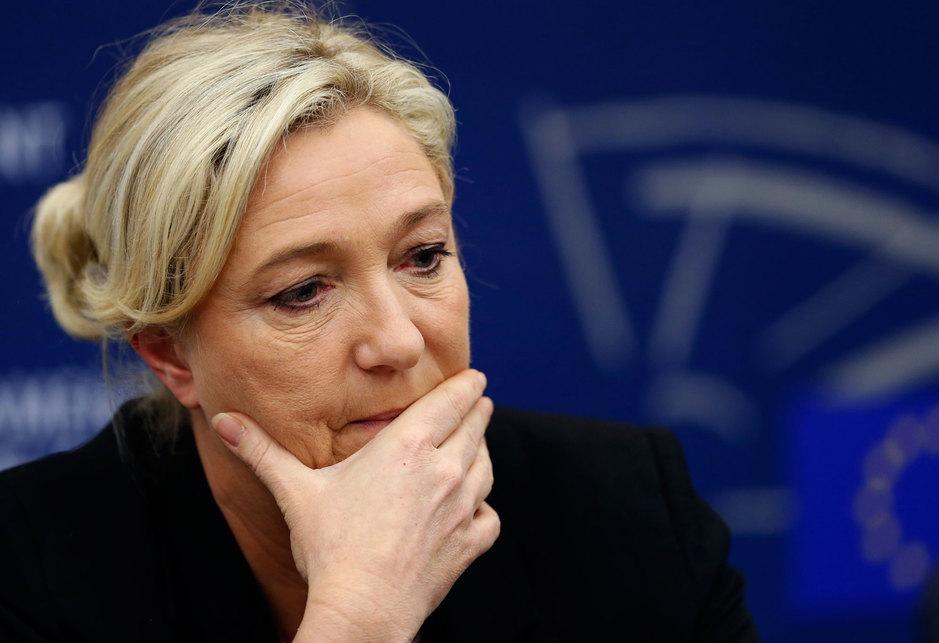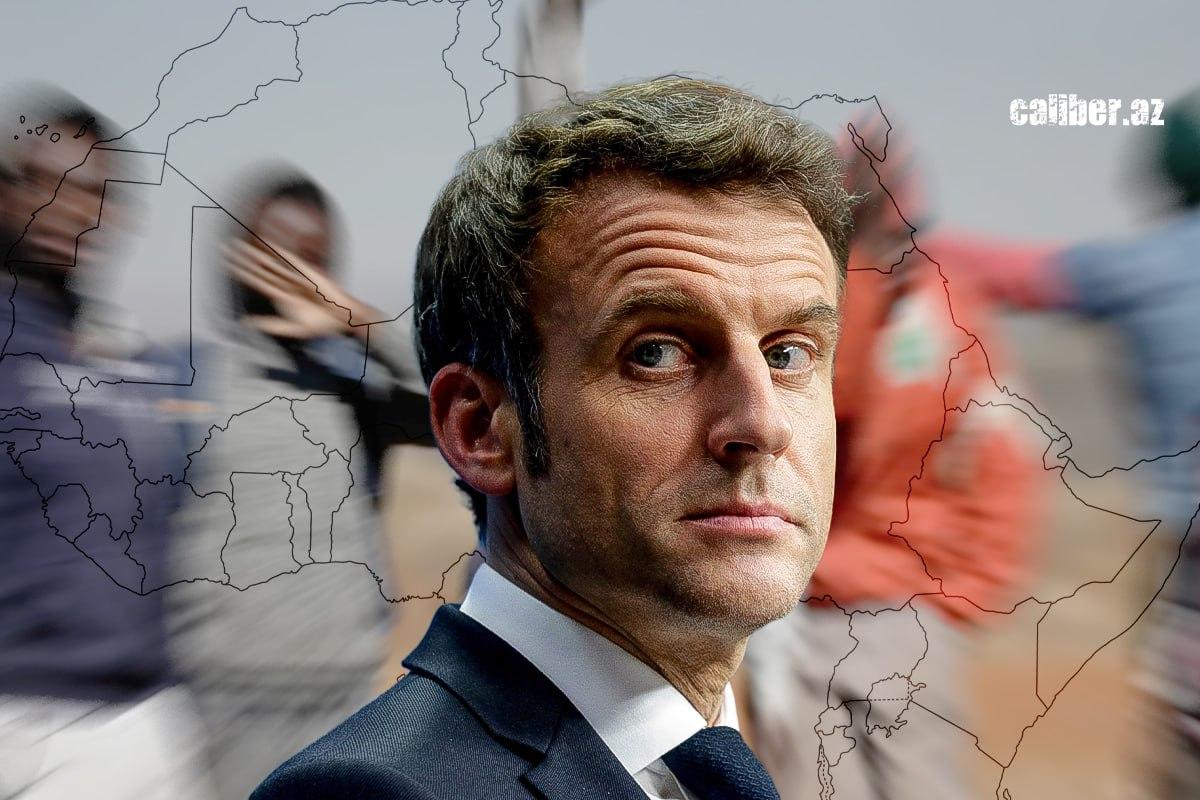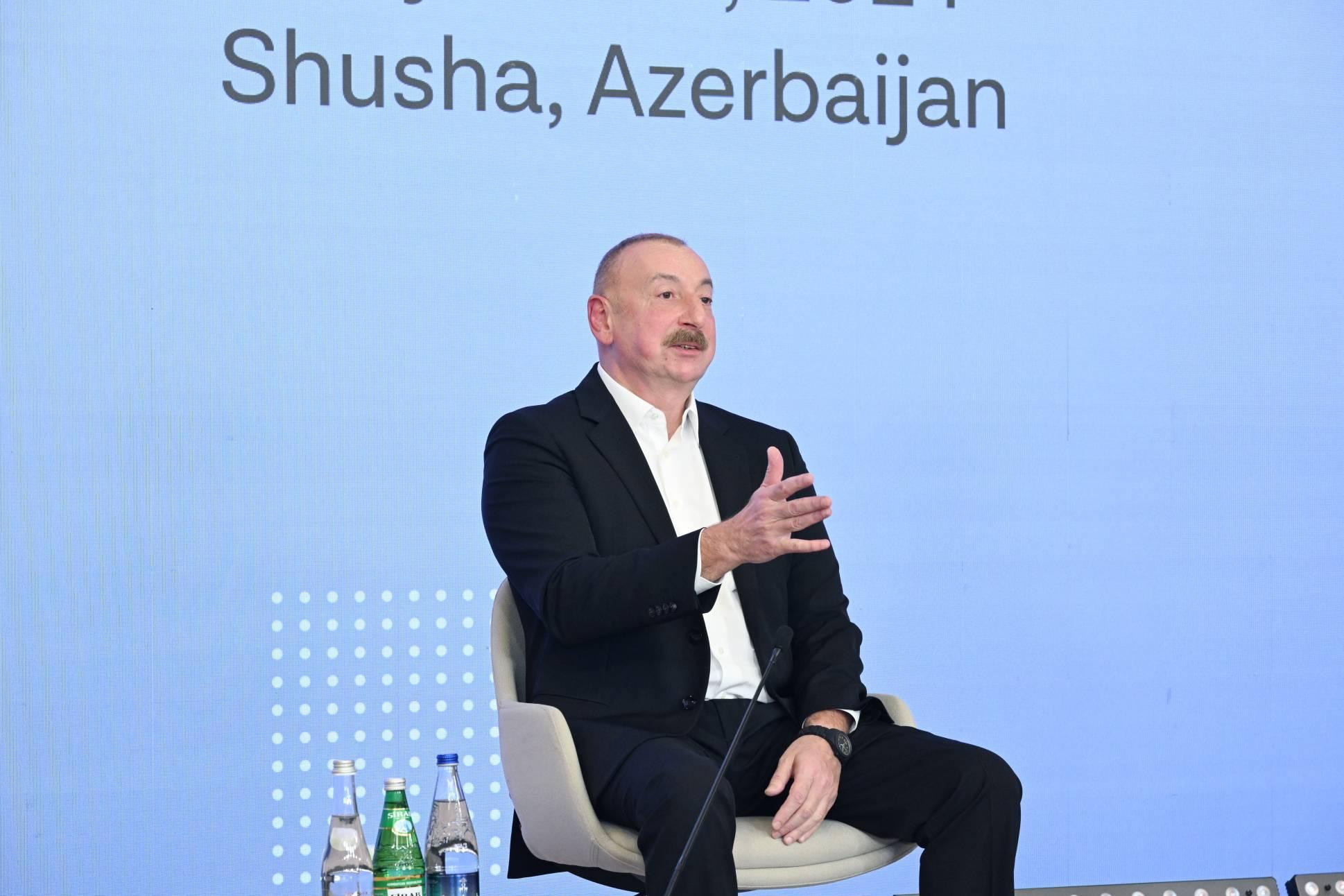France supports separatism abroad while ignoring colonial rights at home Macron's double standards
France remains unchanged. By unilaterally granting itself the authority to disregard international law in relation to other countries, Paris does not tolerate even the slightest criticism of internal matters.
While openly encouraging separatist tendencies in Karabakh in the past, the French authorities have recently lobbied for a decision by the administrative court of the capital of New Caledonia, Nouméa, to retain only the French flag on Kanak driver's licenses. According to the court's ruling, "the Kanak flag cannot be used in official documents alongside the French flag, as it is not an official symbol." The same applies to government buildings.
It turns out to be very interesting: by encouraging separatism (if not outright nurturing it) among the Karabakh Armenians living on historically Azerbaijani lands, Macron's government does not allow the residents of colonized territories to feel like who they always were before falling under France's colonial dependence. They were, and should be, free people who wish to follow their national and spiritual traditions and cultural values!
Was it not Macron himself who in 2020 declared the creation of French laws, which are "an expression of the will of the French sovereign people"? Those very laws, which, along with "our principles and rights," are manifestations of "the freedom of every person, which we protect and which is realized in our country, just as freedom of expression." But then, how does one deal with the Kanaks, whom France considers its own? Or are they not really its own, but rather colonized, since they are not allowed to feel like free citizens of France?
It turns out to be very interesting: by encouraging separatism (if not outright nurturing it) among the Karabakh Armenians living on historically Azerbaijani lands, Macron's government does not allow the residents of colonized territories to feel like who they always were before falling under France's colonial dependence. They were, and should be, free people who wish to follow their national and spiritual traditions and cultural values!
Was it not Macron himself who in 2020 declared the creation of French laws, which are "an expression of the will of the French sovereign people"? Those very laws, which, along with "our principles and rights," are manifestations of "the freedom of every person, which we protect and which is realized in our country, just as freedom of expression." But then, how does one deal with the Kanaks, whom France considers its own? Or are they not really its own, but rather colonized, since they are not allowed to feel like free citizens of France?
Let's move forward and start highlighting the hypocrisy of the French authorities, who provoked the Armenian citizens of Azerbaijan towards separatist sentiments. In 2016, members of the so-called "France-Karabakh Friendship Group," French National Assembly MPs Erwann Binet and Jacques Remiller, visited Khankendi without coordinating with Azerbaijani authorities. Let's consider this: French parliamentarians, in violation of international law, visit a separatist entity and discuss "various issues concerning the relationship between France and Artsakh" with an individual calling himself the "president" of this puppet state. Is this acceptable, Macron? The following year, that same criminal figure participates, at the invitation of the host side, in an event held in Villeurbanne, France, dedicated to the opening of the "Days of Artsakh in France."

In 2017, while running for president of France, the right-wing leader Marine Le Pen stated that the "borders that arbitrarily became international borders after the collapse of the USSR" were a more "acceptable option than independence," referring to "an agreement between Armenia and Azerbaijan that would allow Nagorno-Karabakh to reunite with Armenia." This was said by Le Pen, who has always emphasized independence and sovereignty in her platform. However, in 2022, she slightly changed her tone: "Nagorno-Karabakh is historically and culturally Armenian land, but it is Azerbaijani in terms of international law. This is the whole problem. Karabakh undoubtedly has autonomy and borders that date back to the Soviet Union, but it is important to remember that the territorial integrity of Azerbaijan is not disputed by anyone, not even Armenia, which does not recognize the sovereignty of Karabakh."
It would be interesting to know what variation of the situation Le Pen would propose today, given the new realities in the South Caucasus. Hopefully, we will hear her stance sooner or later.
In 2020, Olivier Faure, the first secretary of the opposition Socialist Party of France, illegally visited Karabakh. Before his uncoordinated trip to Karabakh, he announced that his party had adopted a resolution on the "necessity of recognizing the independence" of the so-called "NKR." Subsequently, in November 2020, the French Senate overwhelmingly voted to adopt a resolution with similar wording. Following this, in December of the same year, the National Assembly of the French Parliament supported this resolution, urging the government to respond positively to it.
Moving into 2021, we see the reaction of Paris Mayor Anne Hidalgo to an article published in Le Point by the well-known French writer and philosopher Bernard-Henri Lévy titled "France Can Recognize the Independence of NKR." What do you think her reaction was? Do you think she condemned the call to violate international law? Not at all. Hidalgo simply commented, "I completely agree: France can recognize the independence of NKR."
In 2020, Olivier Faure, the first secretary of the opposition Socialist Party of France, illegally visited Karabakh. Before his uncoordinated trip to Karabakh, he announced that his party had adopted a resolution on the "necessity of recognizing the independence" of the so-called "NKR." Subsequently, in November 2020, the French Senate overwhelmingly voted to adopt a resolution with similar wording. Following this, in December of the same year, the National Assembly of the French Parliament supported this resolution, urging the government to respond positively to it.
Moving into 2021, we see the reaction of Paris Mayor Anne Hidalgo to an article published in Le Point by the well-known French writer and philosopher Bernard-Henri Lévy titled "France Can Recognize the Independence of NKR." What do you think her reaction was? Do you think she condemned the call to violate international law? Not at all. Hidalgo simply commented, "I completely agree: France can recognize the independence of NKR."
And what about Jean-Luc Mélenchon, who has long aspired to become the Prime Minister of France? Although he hasn't directly addressed the Karabakh issue extensively, in April 2024 he criticized European authorities for making agreements with Azerbaijan, alleging that this guarantees Baku’s impunity. Mélenchon argued that if Azerbaijan were "punished even once, it would not happen again," and thus called for "full sanctions against Baku."
Ah, the dreams of French politics. The French right, left, and centrists, represented by Macron's coalition, all have their positions. Macron’s stance has not been quoted in this article, as it is already well-known.

The question, however, is different. How long will official Paris and leading French politicians continue to involve themselves in the internal affairs of other countries, encouraging separatism or aggressive ambitions of one country against another? Yet, they deny basic rights to the populations of territories colonized by France. The answer is clear: Paris is unwilling to shed its image as a country with colonial tendencies. Therefore, the French government should not be surprised by the principled stance of official Baku, which fights for the realization of historical justice based on adherence to international law.
Thus, at the II Shusha Global Media Forum, Azerbaijani President Ilham Aliyev declared continued support for " all peoples who suffer from colonialism as much as we can. With all our resources, and of course, through the Baku Initiative Group." "We will support you as much as we can with all our resources until you are free." This is because colonized peoples must live freely on their land, plan their future, and protect their heritage, dignity, and language from which they are being deprived. “We will stand by you," Aliyev stressed.

We are confident that French political leaders are well aware of Azerbaijan's position. Therefore, Macron and his team would be better served by addressing the many pressing issues within their own country rather than meddling in Azerbaijan's internal affairs. After all, Macron himself stated in April this year that "the plans of both right-wing and left-wing political sides will lead to civil war, as they stem from extremes."
Furthermore, since the beginning of the third week of July, eco-activists in western France have been protesting against the construction of artificial reservoirs for agricultural irrigation, which are to be filled by pumping groundwater. During these protests, clashes have erupted between demonstrators and law enforcement, with gendarmes using tear gas and rubber bullets against the protesters.
Therefore, we urge the French authorities to focus on their internal issues. Macron’s efforts to impose his agenda on other countries have, on one hand, sparked negative reactions globally and, on the other hand, detached him from the realities of French domestic life, leading to embarrassing defeats in the European Parliament and National Assembly elections. As a result, Paris is currently facing a governmental crisis.
France would be better served by pursuing a path of restoring historical justice, particularly by granting freedom to the peoples living under French colonial dependency. Such measures could potentially improve Macron's approval ratings. However, the question remains: is he willing to abandon the policies that have become an integral part of his identity?








